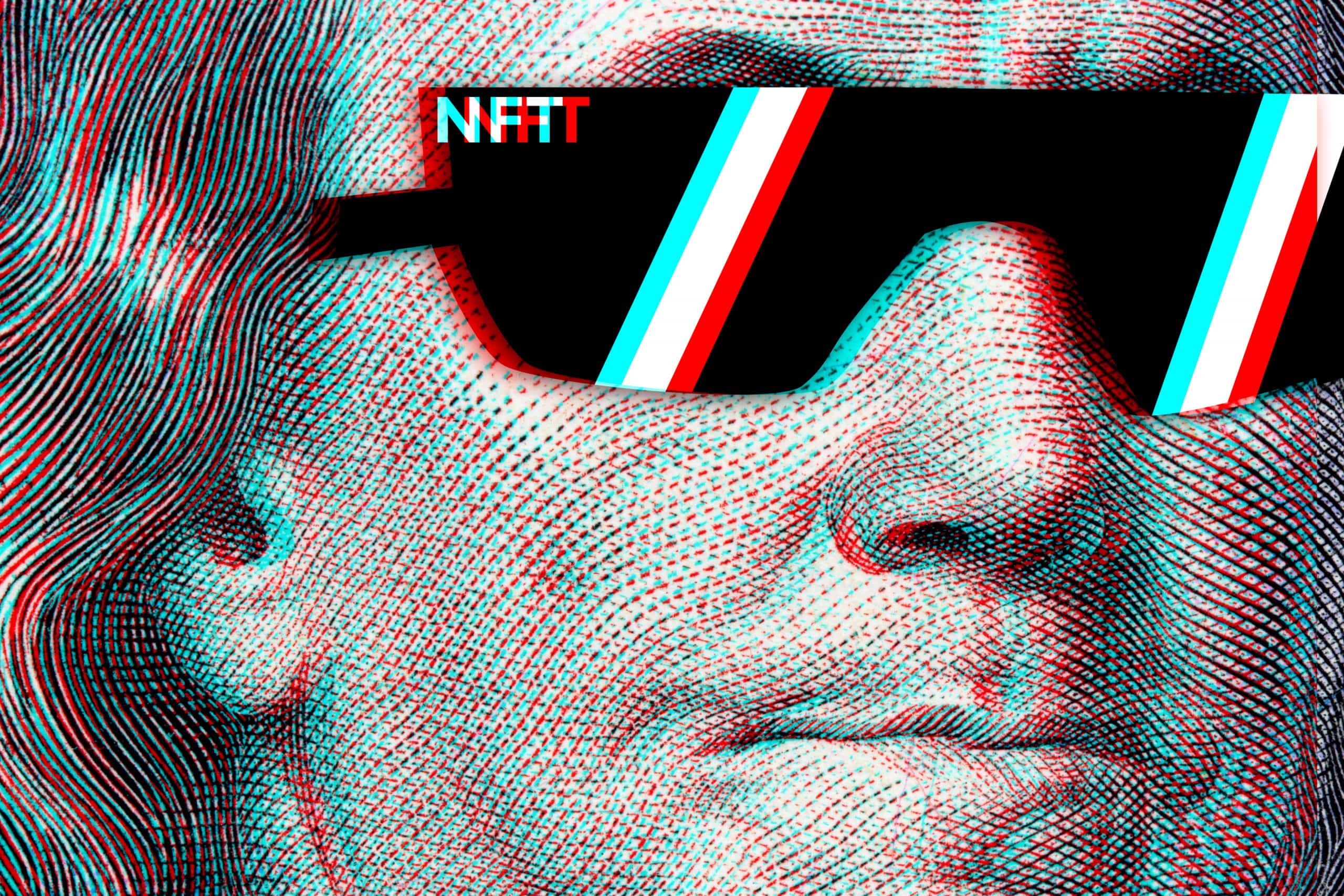
Blockchain, machine learning, artificial intelligence, augmented reality, 3D printing, and robotics are among the most important technologies of today’s rapidly changing world. The pace of technological applications and innovations has increased significantly in recent years. These new ideas are so revolutionary that many believe our future will be completely different because of them.
This immense expansion of digital space has left us in dire need of advanced cybersecurity measures. Global connectedness is blurring borders and time zones. As each piece of new technology hits the market, scam artists worldwide are becoming increasingly more crafty in their approach to exploit vulnerabilities in security and have left us exposed to digital attacks.
Connectedness has had an enormous effect on our economies and our livelihood. The biggest crisis of the century, the COVID-19 pandemic, represents an excellent opportunity to deploy new technologies. While under enormous time pressures to produce solutions quickly and tackle modern needs during an ongoing crisis, these challenges have revealed cybersecurity issues, legal and regulatory issues, and socio-ethical dilemmas caused when applied in real-life situations. Security remains top of mind, whether it be our fundamental rights, privacy, health, or business, in the wake of our current issues.
Being a rational optimist, I tend to view changes as an array of new opportunities. When put to work, new technologies create many positive ripple effects on the global market, spawning some of today’s most exciting new businesses, even creating whole new industries and movements around them. Nonetheless, these changes are everything but easy to implement because they challenge traditional ways of thinking and doing business. It takes a unique mindset to execute them.
As a few recent examples, Bitcoin, the original cryptocurrency, is changing the face of finance as the first decentralized peer-to-peer payment network powered by its users with no central authority or intermediaries. Clubhouse, launched as the original voice-only platform, is changing the social media game with how people interact in real-time with each other. Non-fungible tokens (NFTs) are breaking through in the art world, making a solid mark for digital art. Lastly, Bitclout is the first social media platform built on blockchain technology, paving the way for influence monetization.
There are numerous ways in which the application of new technologies completely changed the way we respond to emergencies and health crises. Recently AI and blockchain have emerged as critical technologies in epidemic management by tracking the spread of COVID-19, managing insurance payments, maintaining medical supply chains, donation tracking pathways, and the vaccination roll-out.
“Creativity is thinking up new things. Innovation is doing new things.” – Theodore Levitt
These are just a few examples of how creativity and innovation can make a fundamental change, creating a massive ripple effect bringing more ideas and opportunities to life. Undoubtedly, some of these concepts take more time to become mainstream than others. Still, all of them take belief, courage, dedication, optimism, and leadership with a strong vision, especially in the face of peril.
This website uses cookies.